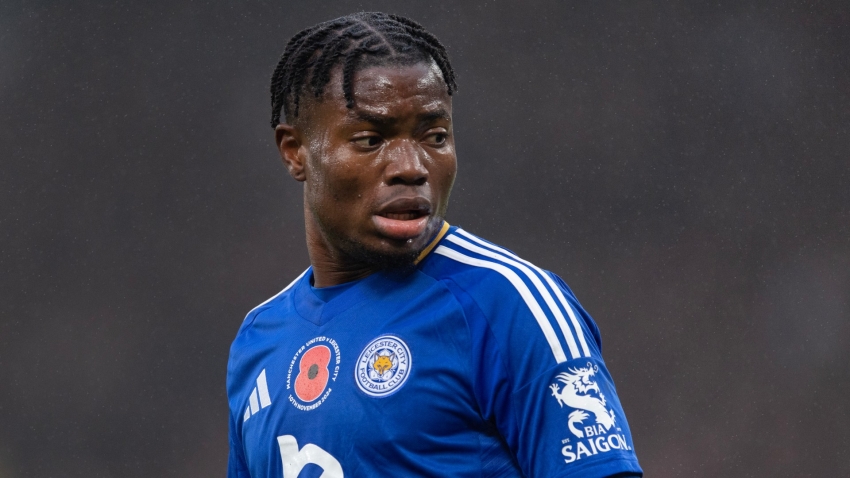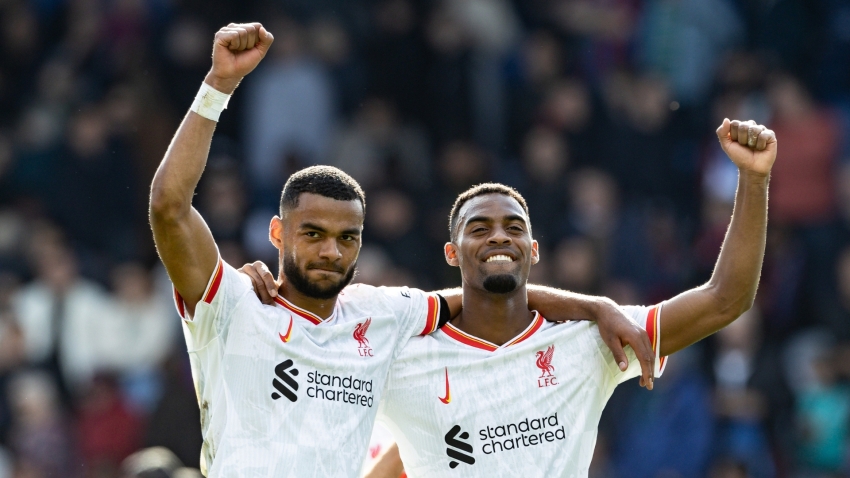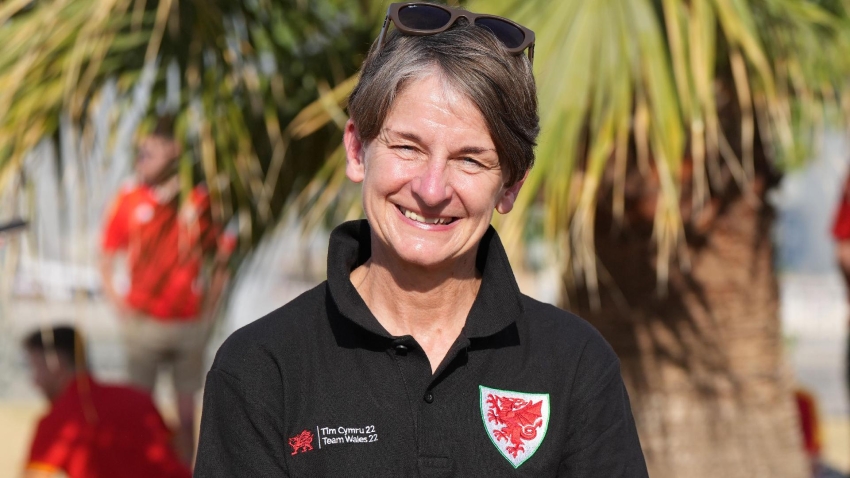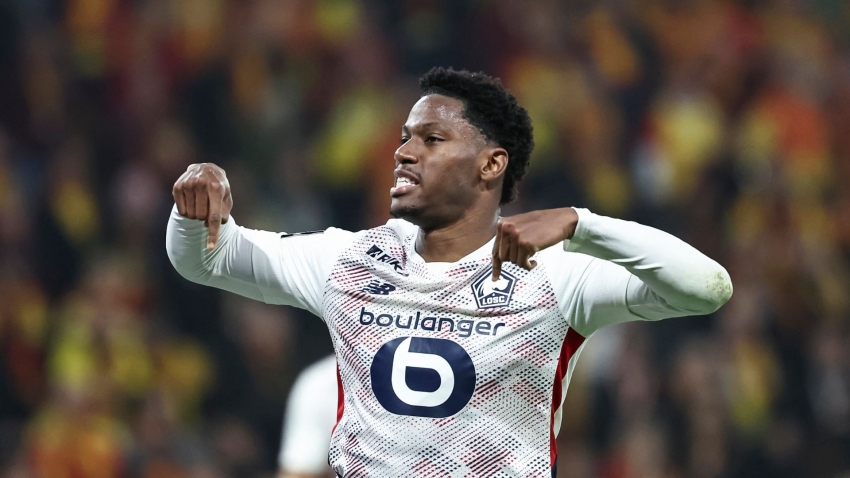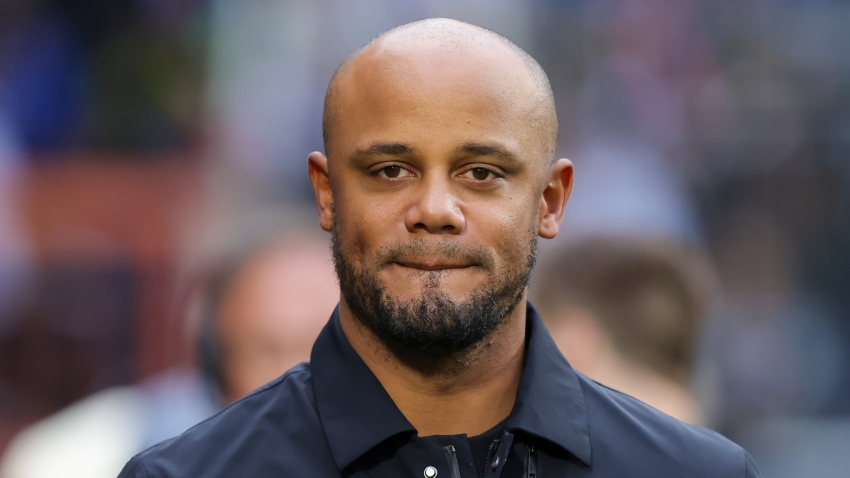Laura McAllister’s football journey has taken her from modest beginnings on the playing fields of South Wales to sitting at the top table of the European game.
From being excluded by football’s law-makers and having nowhere to play her “first love” to being the only woman on UEFA’s 20-strong executive committee (ExCo) and in a position to implement real change for women in the sport.
Last month UEFA agreed a new statute to protect two places for women on ExCo, while the body’s president Aleksander Ceferin has asked McAllister to head up a new Gender Equality Committee.
It is a start in the quest for greater equality in a sport emerging from the fallout of Luis Rubiales’ three-year ban after the former Spanish football federation president kissed Spain player Jenni Hermoso on the lips during the World Cup final medal ceremony in August.
“The Rubiales incident showed there’s a huge underbelly of misogyny in football – in most sports, quite frankly – and we have to think how we change that,” McAllister told the PA news agency ahead of International Women’s Day.
“An obvious way is to get more women’s voices heard, normalise women in the boardroom and the committee room, on the coaching field and in the classroom – and to accept that men don’t have a monopoly on football.
“There are still some men who think that because they’ve been in the game a long time they deserve to be in charge, but the game’s moved on.
“We’ve spoken about this at UEFA and we need more women on ExCo. Not because men are not good, but because we are missing experience and knowledge, not just of the women’s game but of women in football.
“Until we get that right, we’ll miss opportunities for our sport as well.”
McAllister’s own playing career in Bridgend and the nearby Llynfi Valley was put on hold at the age of 12 when, like scores of other girls, she was told she could not play with boys any more.
The fact there was no organised girls’ football beyond that age left a sense of “burning injustice”.
It would be a cause taken up in the 1990s after university days in London, to help organise a national women’s team recognised by the Football Association of Wales and one that she would captain.
“We were using the men’s cast-offs, extra large or large kits, and for those who were not as big it was not fit for purpose,” said McAllister, who went on to become chairperson of Sport Wales.
“At the same time, we recognised this was the first step, and we knew we had to suck up some of the disadvantages for the next generation.
“Now we’ve got equal pay (playing for Wales), similar conditions to what the men receive, and the women’s games are covered live on S4C and BBC.
“I don’t think any of us would have anticipated the growth as being as fast as it has been.”
McAllister, however, appreciates there is a long way to go for women throughout the game, especially in football’s corridors of power.
Women occupied just 74 seats (18.1 per cent) of the 409 positions available on UEFA committees in the last year. UEFA plans to raise that number to 25 per cent for the period to 2027.
“The Gender Equality Committee is a working group with a very broad remit to look at the culture of football,” said McAllister, who is deputy chairperson of UEFA women’s football committee and was appointed on a four-year term last April.
“What can be done in terms of role models and good practice, but also possibly quotas and encouragement and incentives to federations in UEFA to promote more women.
“I don’t have a problem with quotas for the very obvious reason that if there was a simple meritocracy in operation where you weighed up the respective CVs and skill sets and the best candidate won, then great.
“There would be plenty of women coming through that system, but that’s not how it works and everyone knows that.
“It’s based on status, profile, deals and bargaining, so women can’t always penetrate that world and, if they do, it’s a very slow process.”










